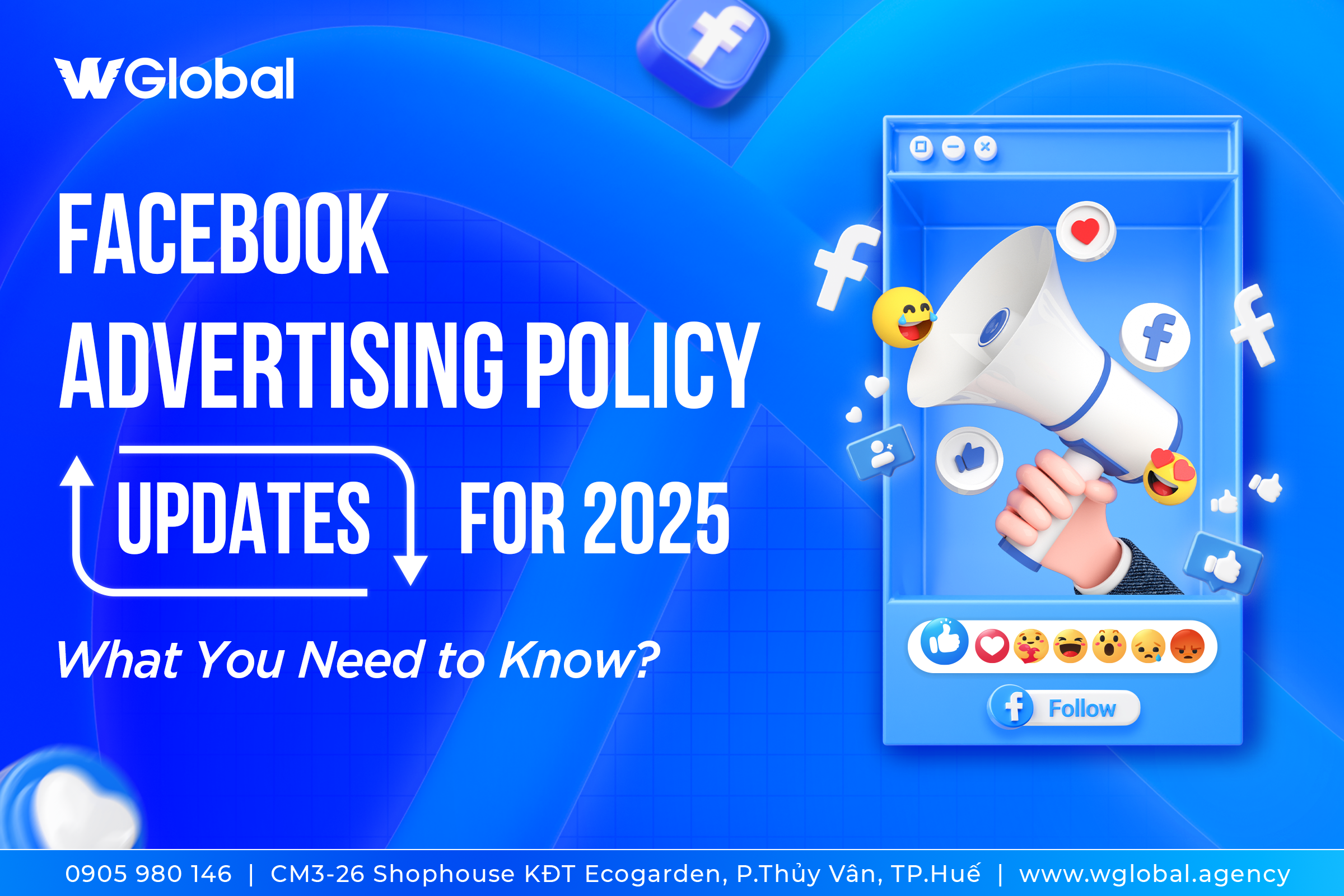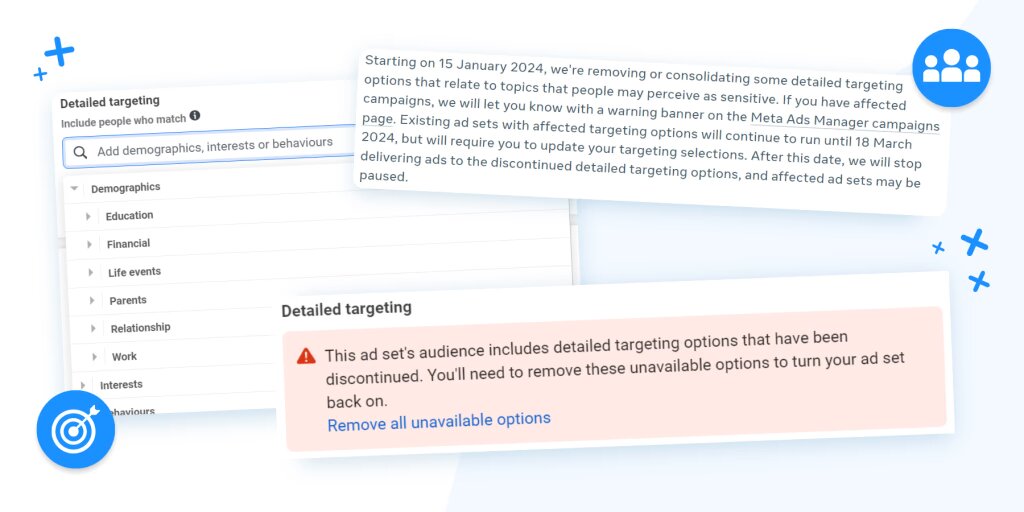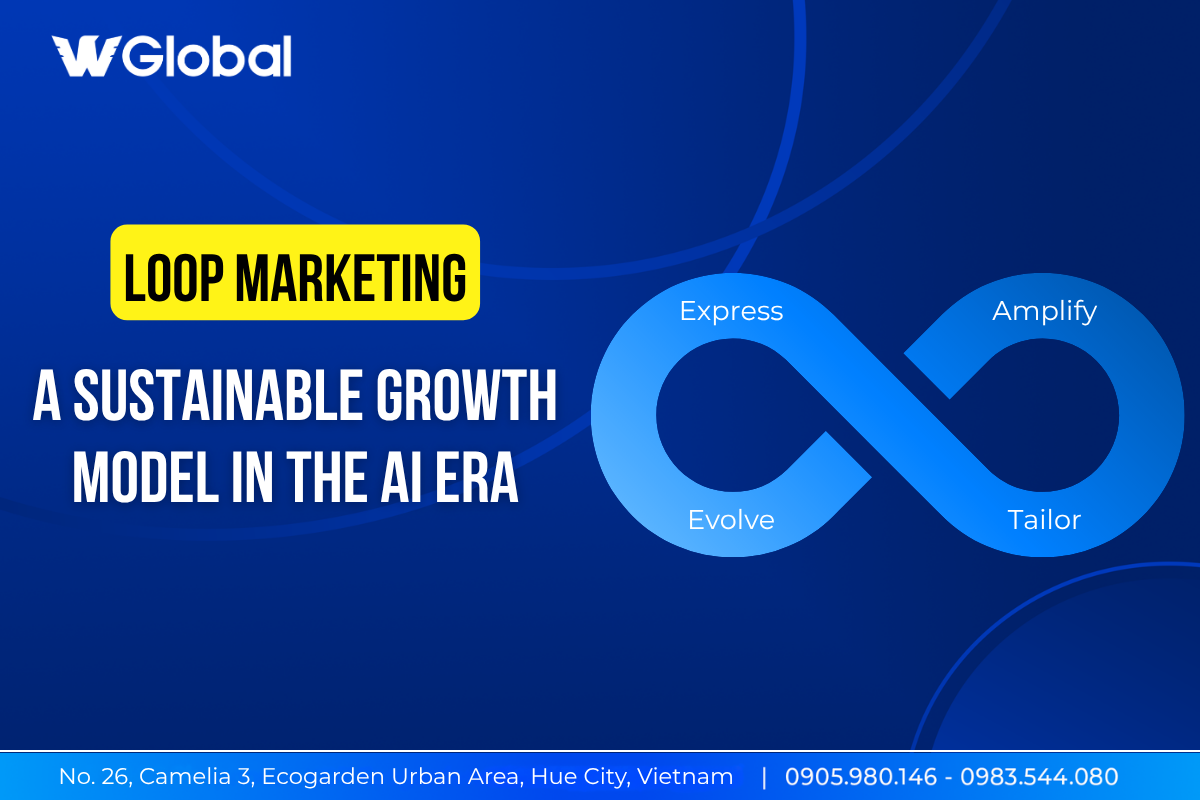FACEBOOK ADVERTISING POLICY UPDATES FOR 2025: What You Need to Know?

In 2025, Facebook has updated and adjusted its advertising policies to create a fairer and more effective environment for both advertisers and users. WGlobal Agency will provide an overview of the Facebook advertising policies for 2025, helping you understand how they work and apply them effectively in your marketing campaigns.
1. Facebook Advertising Policy 2025 Enhances User Transparency and Privacy
The Facebook advertising policies for 2025 emphasize user transparency and privacy more than ever. Advertisers must re-evaluate their data collection and targeting methods to comply with these directives. This includes ensuring that data collection and ad targeting remain transparent and respect user privacy.

Meta is striving to build an advertising ecosystem where users have greater control over their personal data. This means advertisers need to be transparent about how they collect, use, and share user data, while also providing users with options to control their personal information.
Implications for Advertisers:
- Ensure your privacy policies are clear and easy to understand, explaining how user data is collected and used.
- Obtain explicit user consent before from users before collecting and using their data.
- You must provide users with options to view, edit, and delete their personal data.
- You’ll need to comply with personal data protection regulations, such as GDPR and CCPA.
2. Restrictions on Custom Audiences from Customer Lists
Starting in March 2025, Meta will impose restrictions on the use of custom audiences from customer lists for housing, employment, and financial products or services. This includes a ban onsharing customer lists across different businesses within these sectors. Existing campaigns must update their customer lists before the end of March to avoid ad pauses.
These restrictions aim to prevent discriminatory practices in advertising related to critical sectors like housing, employment, and finance. Meta wants to ensure that everyone has fair access to this information and services, regardless of race, gender, religion, or other personal characteristics.
Implications for Advertisers:
- You are not allowed to use customer lists to target ads for housing, employment, and financial products or services based on sensitive characteristics like race, gender, or religion.
- You must ensure that customer lists are collected legally and comply with personal data protection regulations.
- You should consider other targeting methods, such as interest-based or behavior-based targeting.
3. Removal of Detailed Targeting Exclusions
Meta has phased out detailed targeting exclusions, which previously allowed advertisers to exclude specific groups from their target audience. This change means advertisers cannot selectively target based on specific age, gender, or interests. This removal aims to reduce the complexity of ad targeting and improve ad cost efficiency.

While the removal of detailed targeting exclusions might make ad targeting more challenging, it can also help advertisers reach a broader audience. Rather than excluding specific groups, focus on crafting compelling, inclusive ads that are relevant to everyone.
Implications for Advertisers:
- You’ll need to adjust your targeting strategy to align with the removal of detailed targeting exclusions.
- You should focus on creating compelling ads that resonate with a broader audience.
- You’ll need to utilize Meta’s analytics tools to monitor ad performance and optimize campaigns.
4. Financial Products and Services Category
The “Credit” category has been expanded to “Financial Products and Services,” encompassing areas like insurance, bank accounts, and investment services. For advertisers targeting audiences in the United States, selecting this new category is mandatory. This change not only provides clearer classification for financial products but also introduces stricter audience targeting options, aimed at preventing discrimination in advertising. while optimizing campaign effectiveness. While optimizing the effectiveness of their campaigns, advertisers must also ensure compliance with the new regulations. This requires them to carefully review their content and strategies to guarantee they adhere to these requirements.
5. Enhanced Analytics and AI-Powered Optimization
Meta is continuously improving its analytics tools, especially the ability to optimize campaigns using artificial intelligence (AI) within Facebook Ads. This feature includes providing real-time insights and automated strategies for content, targeting, and bidding. Advertisers can leverage the power of AI to personalize creative ads, thereby enhancing campaign engagement and effectiveness. Adopting intelligent analytics tools will help businesses optimize their ad budgets and achieve marketing goals more efficiently.
6. Changes in Political Content Policy

Meta has implemented a significant shift in how it manages political content, moving from third-party fact-checking to a community-provided notes system. This change allows more political content to appear in the feed, which can pose challenges for brands wanting to steer clear of controversial topics. Businesses need to carefully consider the manner and content they wish to convey to ensure they don’t unintentionally get drawn into polarizing political discourse.
7. Trends in Branding and Content
In 2025, high-quality and optimized creative advertising will become extremely crucial. Businesses should prioritize expanding and diversifying their ad formats, such as short-form videos and augmented reality (AR) ads. Leveraging Meta’s automation tools along with a focus on personalization will help boost campaign performance. This not only helps brands stand out but also fosters deeper connections with consumers, creates unique and engaging interactive experiences, and thereby builds stronger relationships with customers.
Implications for Advertisers:
- Compliance is Key: Advertisers must thoroughly review new policies and adjust their strategies to avoid penalties and ensure campaign effectiveness.
- Ethical Advertising Practices: The emphasis on transparency and fairness necessitates a shift towards more ethical advertising practices, respecting user privacy and avoiding discriminatory targeting.
- Innovation and Adaptability: Advertisers should be prepared to innovate within the boundaries set by new policies, leveraging AI and dynamic content options to optimize campaigns.
By understanding and adapting to these changes, advertisers can effectively navigate the evolving Facebook advertising landscape and maintain compliance while achieving their campaign objectives.
Conclusion
So, what should you do starting today, as the platform’s new policies are already active and directly impacting your work?
- Update your knowledge on new policies and train your execution team.
- Regularly review ad content, especially for sensitive industries.
- Leverage the power of AI – personalize content to improve effectiveness.
- Anticipate new platforms like VR/AR to stay ahead of trends.
- Focus on content that provides value and truly resonates with customer insights to increase reach.
Facebook Ads 2025 is no longer just about running campaigns; it’s a playground for those who master user understanding and craft content with precision and sophistication.
In summary, Facebook’s 2025 advertising policies are designed not only to protect user rights but also to support businesses in optimizing their ad campaigns. Understanding and complying with these policies will help you enhance your ability to reach and engage with your target customers. Apply this knowledge to build an effective and sustainable advertising strategy on the Facebook platform!









